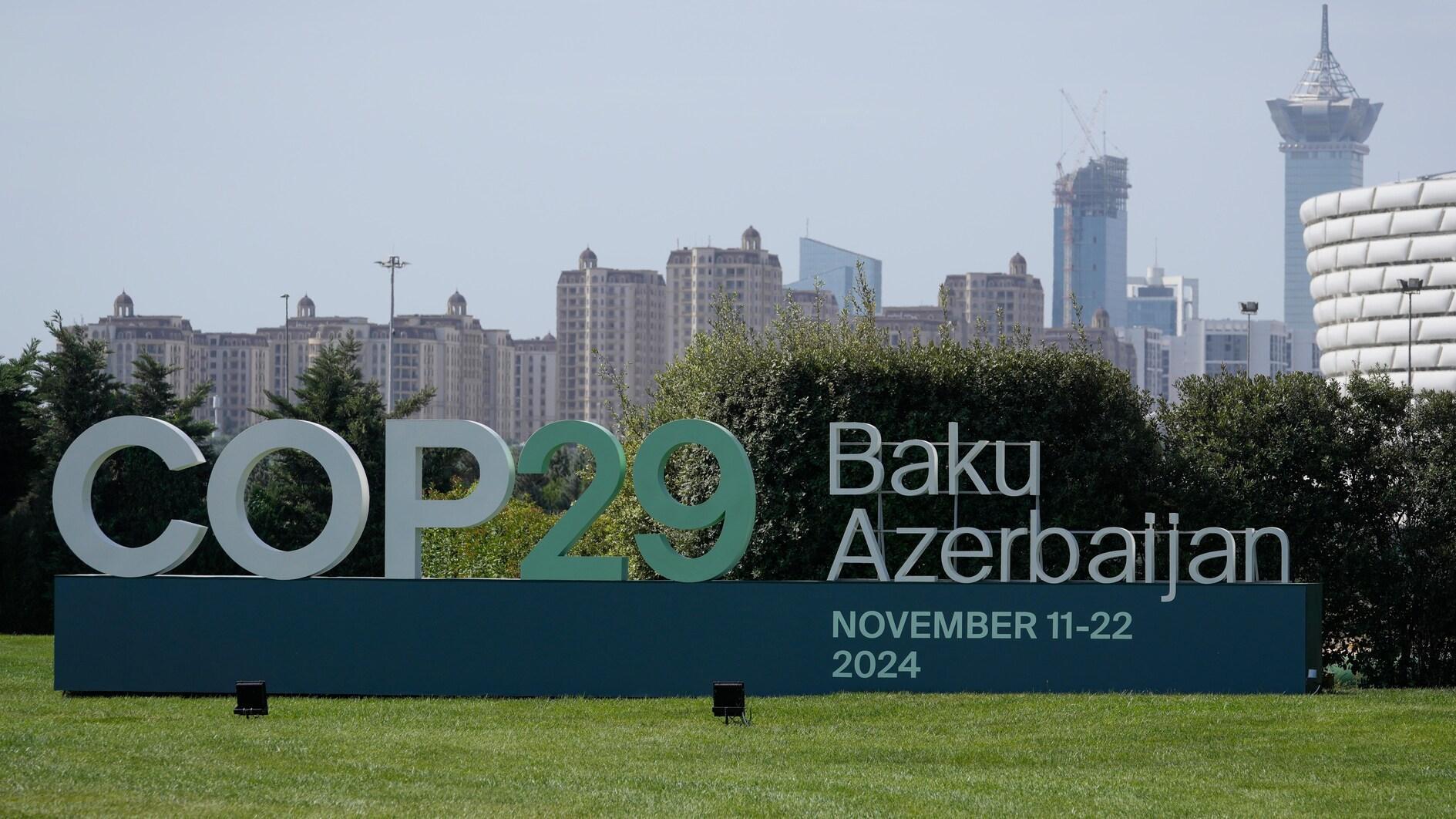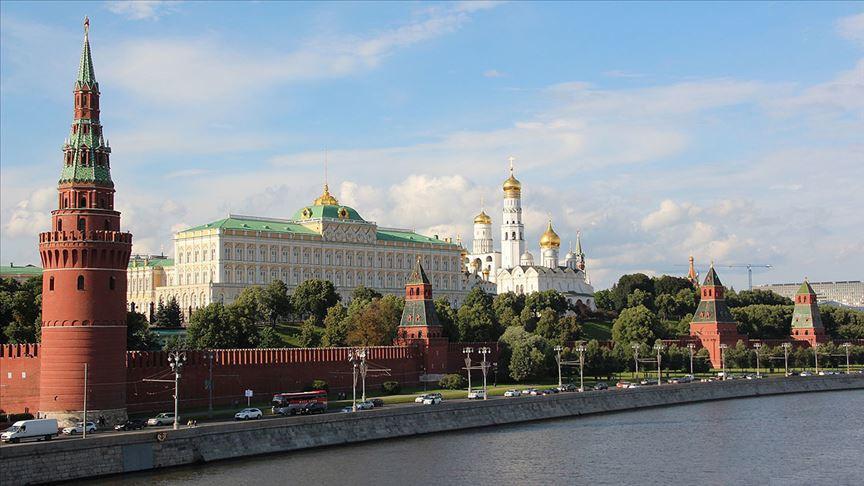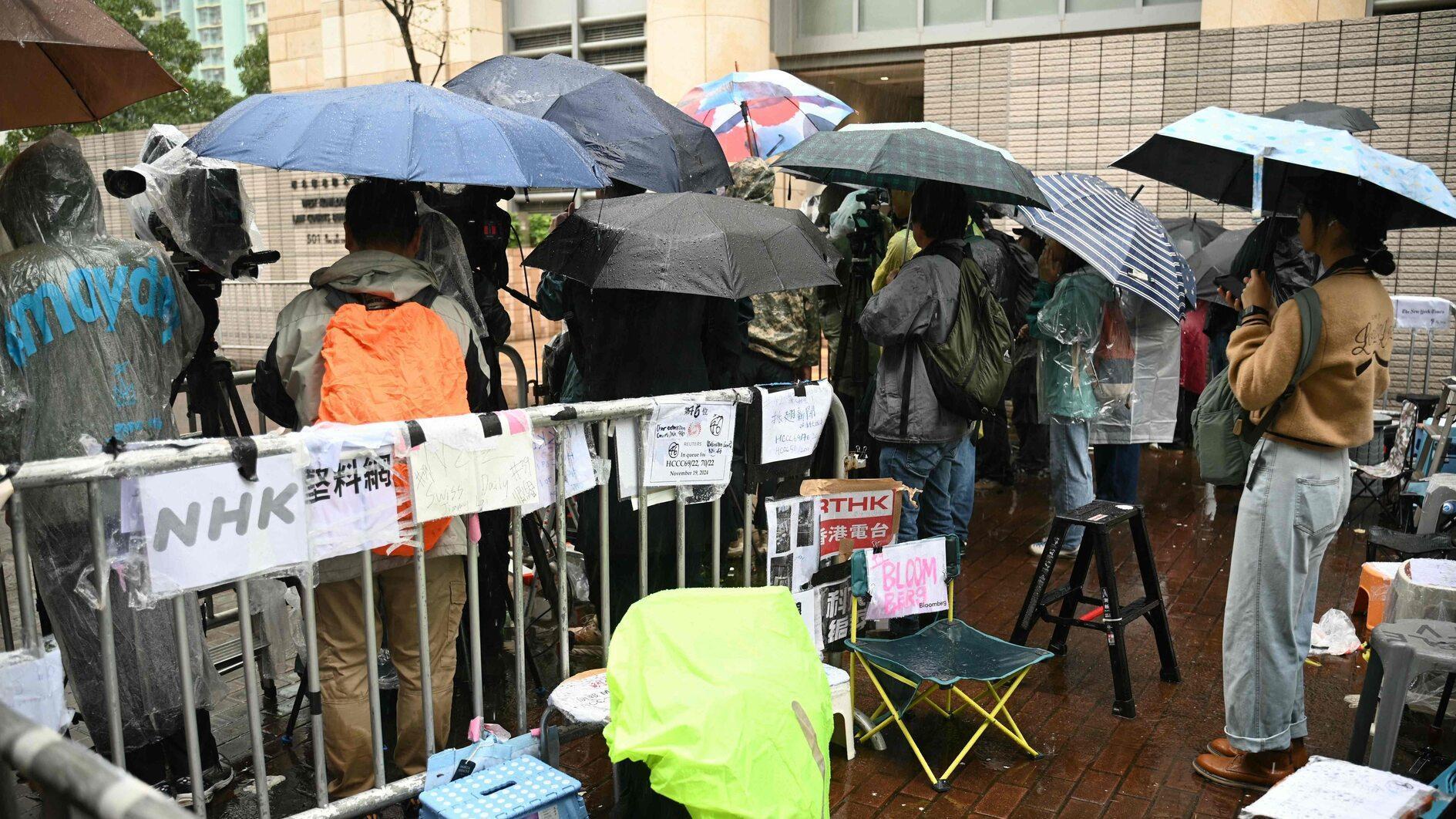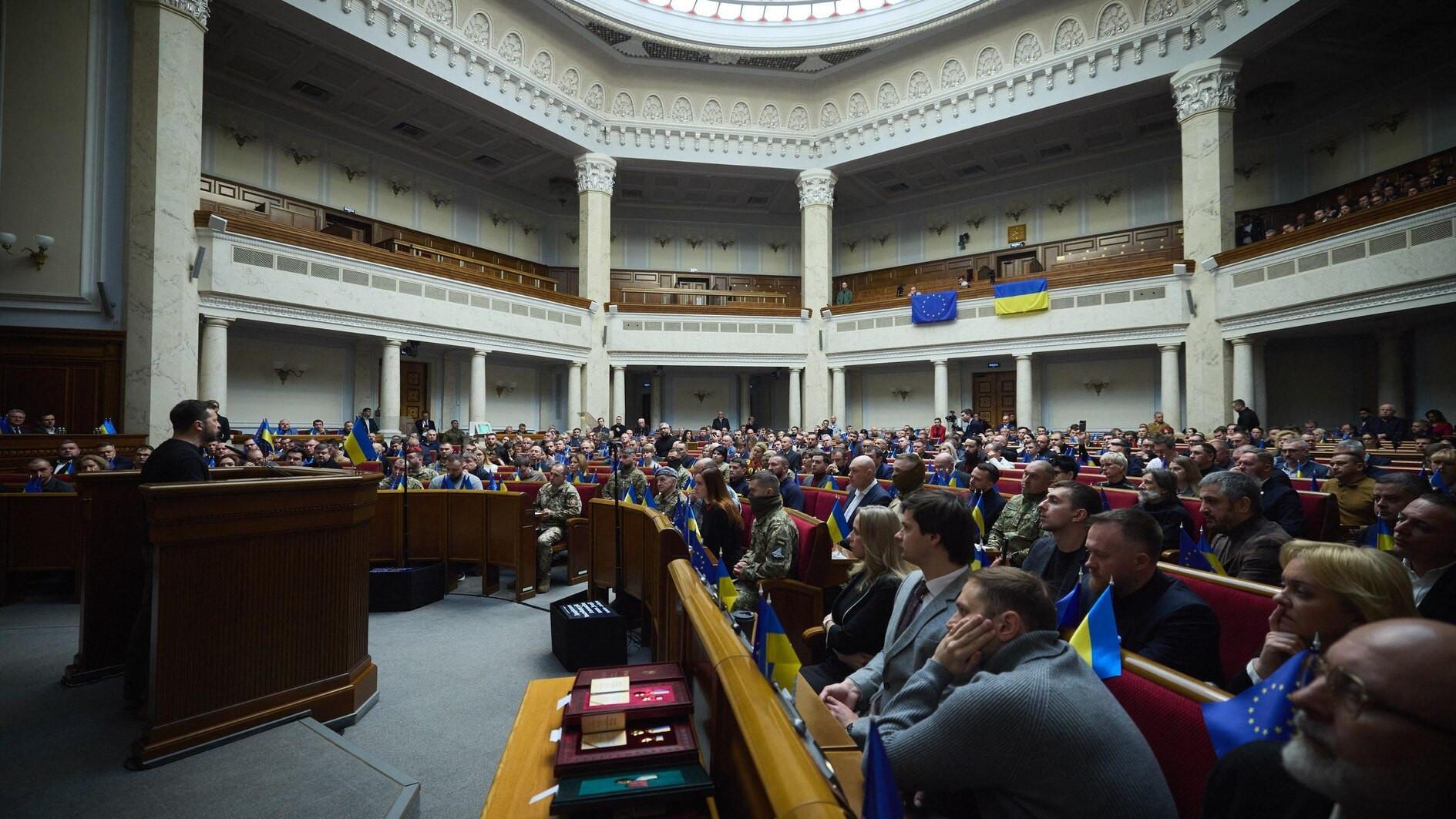Syrian migrant women should have a choice too
As pain is difficult to measure in Turkish, we sometimes use “the grief of losing a child,” as a reference point to try to quantify the amount of suffering. We therefore accept that there is no bigger pain than witnessing the death of your child.
A 4-month-old Syrian baby, whose family fled the war in Syria, froze to death in a tent in the eastern city of Batman, Cihan News Agency reported the other day.
Some 125 babies are born to Syrian families each day in Turkey. That makes over 45,000 per year. A very big majority is born to an unknown destiny.
I am sure that millions of Syrians who have taken refuge in Turkey are grateful that at least they are alive. While the right to live is essential, everyone is entitled to a decent life.
Thousands of Syrian children have been deprived of a normal life. Thousands have not found the opportunity to go to school. Thousands are going to make-shift schools set up by certain organizations and foundations where they are perhaps indoctrinated in accordance with the philosophy of this or that foundation.
Several hundreds go to work instead of school, aggravating the child labor problem in the country. Sadly, two were recently caught working in a shop producing fake life jackets that often results in the death of migrants on their journey to Europe.
An unknown number fall prey to human traffickers who force them into prostitution.
In Turkish we have a saying with an Islamic reference: every child comes with its own food, or livelihood. That encourages people to have a child by convincing them that somehow the means will be found to sustain the life of the child.
Unfortunately, some die without even finding a chance to bring their own bread; others do live a life, if you can call it a life. A mother raised by religious references might think death is fate; it’s part of God’s will.
Can this conviction ease the pain of a mother who lost a child? I can’t imagine.
Turkish-EU cooperation on Syrian refugees
Soon Turkey will embark on a new strategy as far as Syrian refugees are concerned. Two urgent issues will be prioritized; the education of more than 600,000 Syrian children and providing work permits to enable Syrians to be legally employed. Both are important and very critical.
Will reproductive health and family planning for Syrian migrants be part of the strategy? This might sound like wishful thinking as we are talking about a government that, alarmed by declining birth rates, have been encouraging population growth among Turkey’s citizens. In addition; it is no secret that the Islamic world view affects Turkey’s ruling elites’ conviction on birth control.
But despite the prevailing mood in Turkey that encourages women to have at least three children Turkish women continue to use their right to choose. And to the degree that Turkish women use their right to choose, Syrian migrant women too should have a chance to benefit from the same rights.
Soon Turkey and European Union will embark on a new cooperation scheme to stem the flow of Syrian refugees. The EU has earmarked 3 billion euros to assist Turkey. Under normal circumstances, the cooperation should be limited to border control. But European capitals not only aim at having a “controlled, supervised and organized” flow of refugees to Europe, they want most of them stop coming to Europe and therefore stay where they are currently, that is, Turkey. That’s why they have been pushing so hard for Turkey to provide work permits to Syrians. Therefore, it is likely that the Turkey-EU cooperation and the allocation of money will not be limited to issues pertaining to border control and readmission agreements but also to issues like education, vocational training, and labor rights.
I hope it will not be wishful thinking to expect that EU officials should not underestimate family planning and reproductive health and reject any possible temptation of cultural and religious demagogy that might come from the Turkish side.











